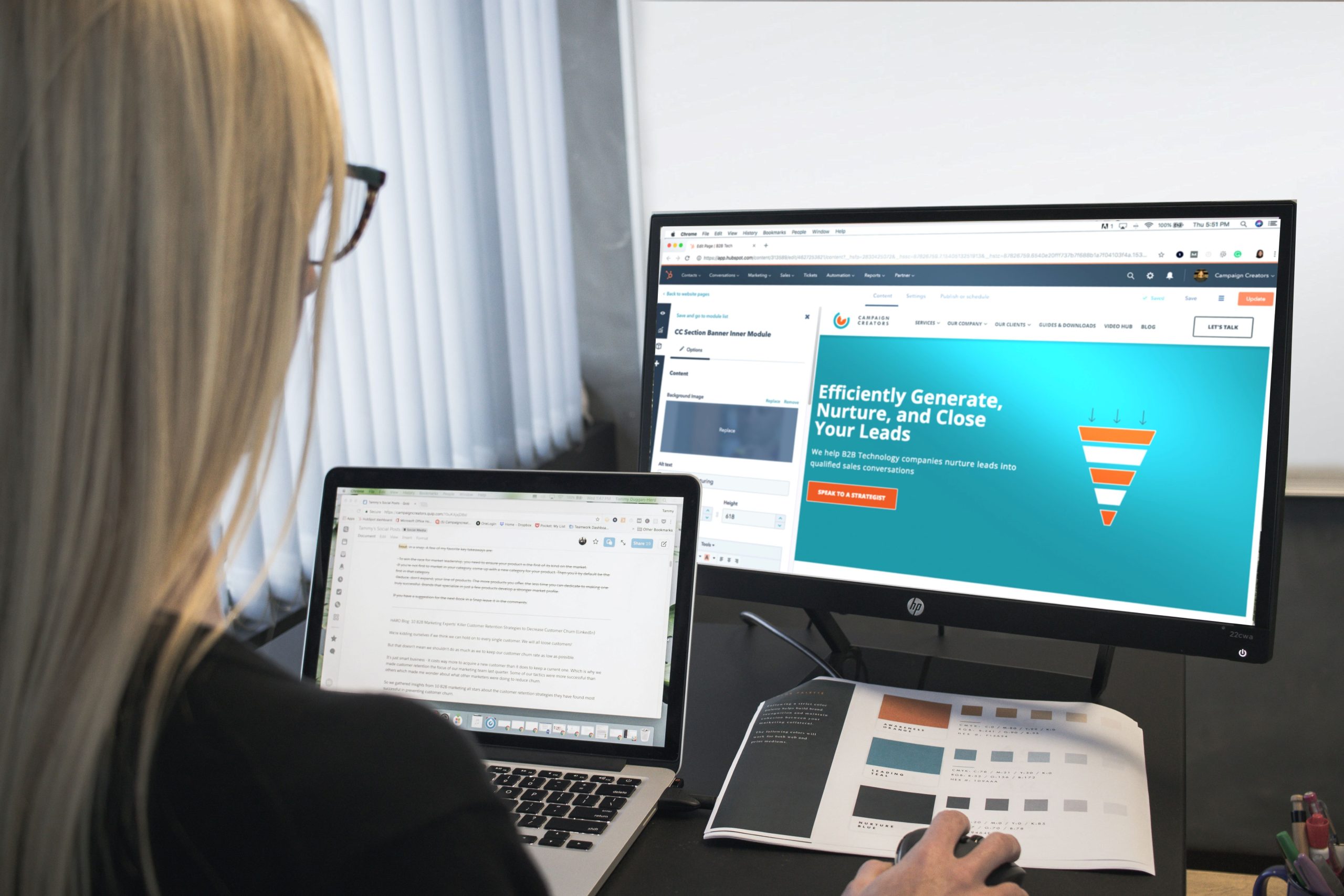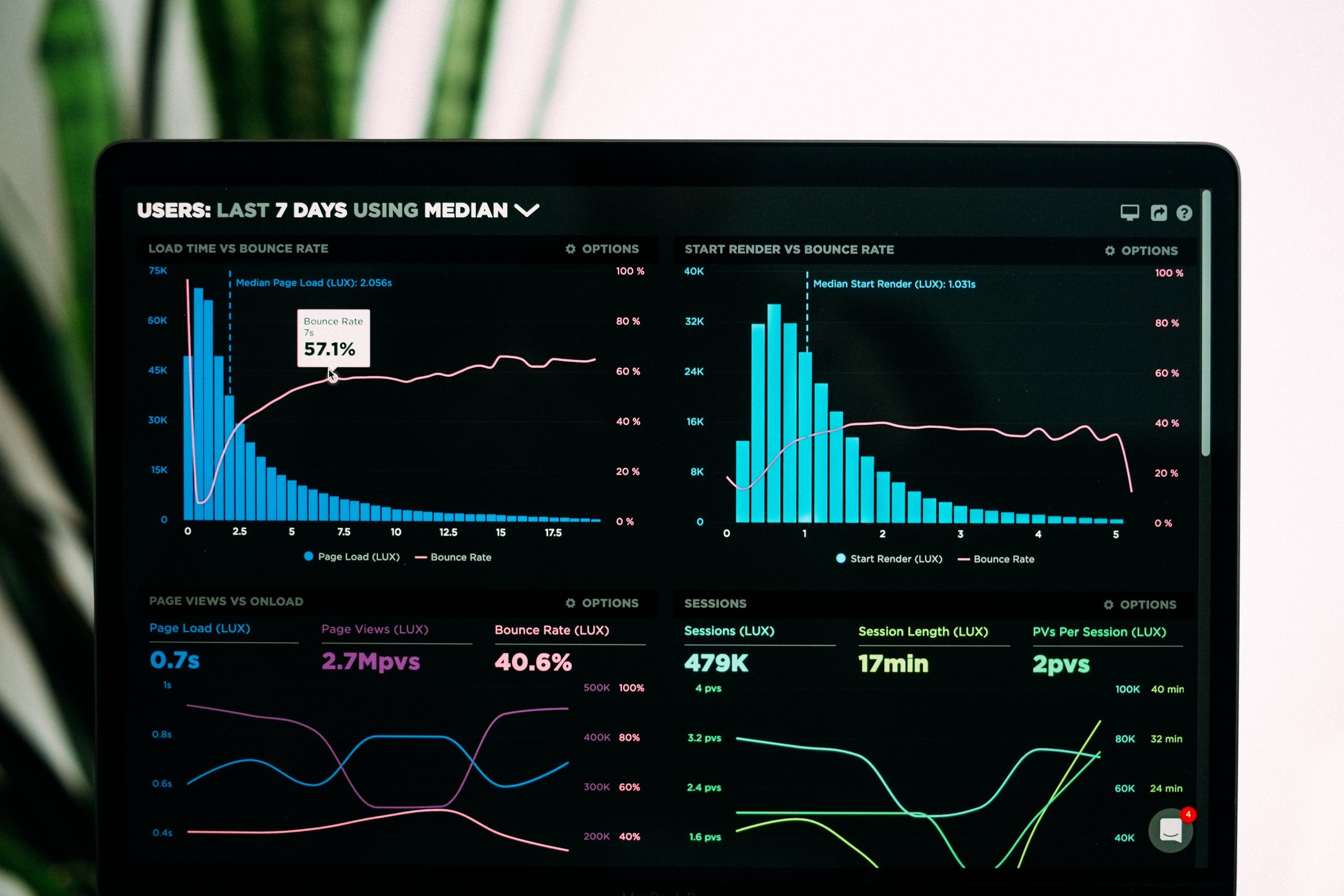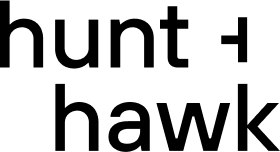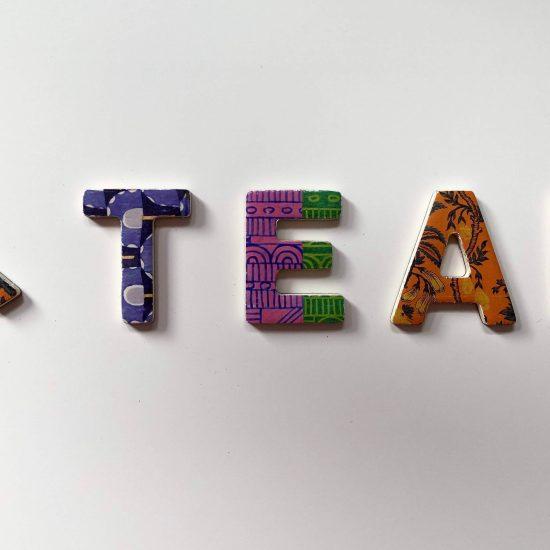
Choosing the Right CRM for Your Business – 5 Absolute Essentials
Running a business is like running a marathon – we’ve all heard this before. The more you train, the further you’ll go.
There are no shortcuts, and you certainly can’t rely on skill and speed alone. It takes a combination of strategic planning, process, endurance, and strength to succeed.
You also need to equip yourself with the right tools – the right shoes – to support your journey.
What has this got to do with choosing the right CRM for your business?
Well, a quality Customer Relationship Management (CRM) solution has the ability to significantly improve productivity, strengthen customer relationships, and increase efficiency.
But in the same way you can’t run a marathon with just any shoes, you can’t simply use any CRM tool for your organisation. The system must be able to support your needs and goals to be successful.
Previously, we’ve discussed why you need a CRM. The next question is: what are the things that make a great CRM tool?

Running a business has similarities with running a marathon. Credit: Miguel A Amutio on Unsplash.
Choosing the Right CRM for Your Business – Top 5 Considerations
Here is a handful of key considerations when looking to adopt a CRM for your business.
1. CRM Usability
Usability is comfort. You want your CRM tool to be user-friendly, the same way you want to wear comfy shoes for long-distance running. It all adds up to greater efficiency.
Typically, when you’re looking at different providers, you’re aiming for something that’s simple to set up and navigate.
This way, you can jump right into using the tool for what it’s intended for.

Ease of use is an important component. Credit: Campaign Creators on Unsplash.
2. CRM Features
The platform’s features are a critical factor in choosing the right CRM for your business.
Look at how the CRM software captures data and its relevant automation features. In your search, you will find options with basic automation and some with more aggressive automation.
Your decision should depend on what your company goals are – so get clear on them at the beginning.
Apart from automation, CRM tools should offer you reports and dashboards – a great feature for measuring your success.
These are a couple of questions to ask yourself when doing your research:
- What types of reports can this CRM software generate?
- Can you customise the reports to display the data you need?
Effectively, the right CRM for your business is one that’s equipped with features to help you look after your database efficiently.

Are you able to customise reports? Credit: Luke Chesser on Unsplash.
3. CRM Integrations
CRM tools often have integrations available. These enable you to connect different systems and software to it, to allow communication between different technologies and to simplify automation.
When you’re about to incorporate a CRM software into your tech stack, you should look at the integrations available. These questions are a solid starting point:
- Are you able to connect the current tools you use into the system?
- Do you need a CRM tool that has website and social media management features?
- Do you require document management?
Integrations are essential in improving productivity and efficiency. If the technologies you need are able to talk to each other, then you can create even more seamless processes for both internal and external needs.

Will the CRM play nicely with your existing software? Credit: Studio Republic on Unsplash.
4. CRM Pricing
As with most purchases, cost is a big factor when it comes to choosing the right CRM for your business.
We often get questions around pricing. What is the average price for a CRM tool? What is a reasonable budget to allocate? Can we get away with using free or starter versions?
Each company will have a different budget – and fortunately, CRM tools have different price points. So, there will certainly be one that’s right for your business.
How can you make sure you’re getting the most out of what you’re paying for?
If you’re a larger firm, you will want to look at pricing based on the number of features, the volume of contacts, and the number of users allowable. As you will have more people on your team and may need more features, you need to weigh up your options to see which software provider will give you the most bang for your buck.
For smaller firms, it is understandable that you will likely desire something at a lower cost compared to a larger firm. However, this doesn’t mean that you can’t get great value out of a CRM tool.
When it comes to CRM software, identify the must-have features and whether they’re available on your preferred platform.
Also consider the ROI. How will you get the most out of your money in terms of support, number of contacts, and overall user experience?

Weighing up CRM cost is a big consideration, particularly for small businesses. Credit: Blake Wisz on Unsplash.
5. CRM Support
You won’t know when you need support, but when you do, you’ll want to have a good experience. It is seriously stressful trying to figure out new technology and finding support to make things simpler for you.
Of course, if you’re working with a CRM implementation expert like Hunt & Hawk, you’ll get support directly from our team.

When you need support, you’ll want it to be available. Credit: Hassan Ouajbir on Unsplash.
Want to know more?
If you need more information about choosing the right CRM for your business, we invite you to fill out this form.
We’ll look at your objectives and recommend and implement a CRM that’s ideal for you.
Or check out this piece detailing the best CRM for small businesses in Australia.





